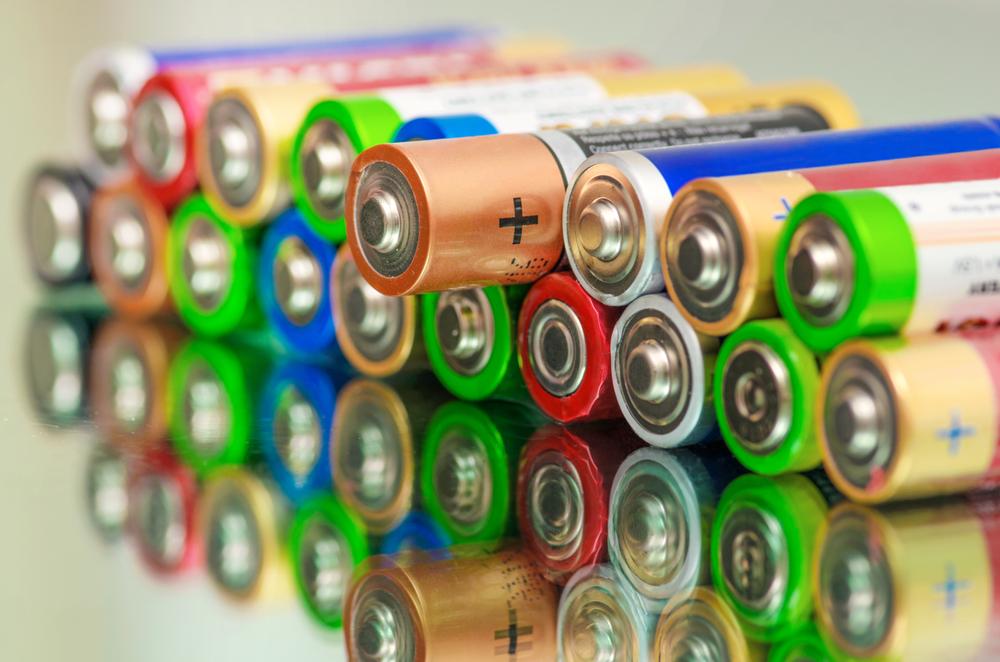Little things mean a lot—like the two words “batteries included.” Just knowing they’re in there somewhere means less hassle and one less thing to buy. But face it. The initial powering-up of a battery-operated device is a minor concern.
It’s the cost of keeping it going for years to come that should be considered.





